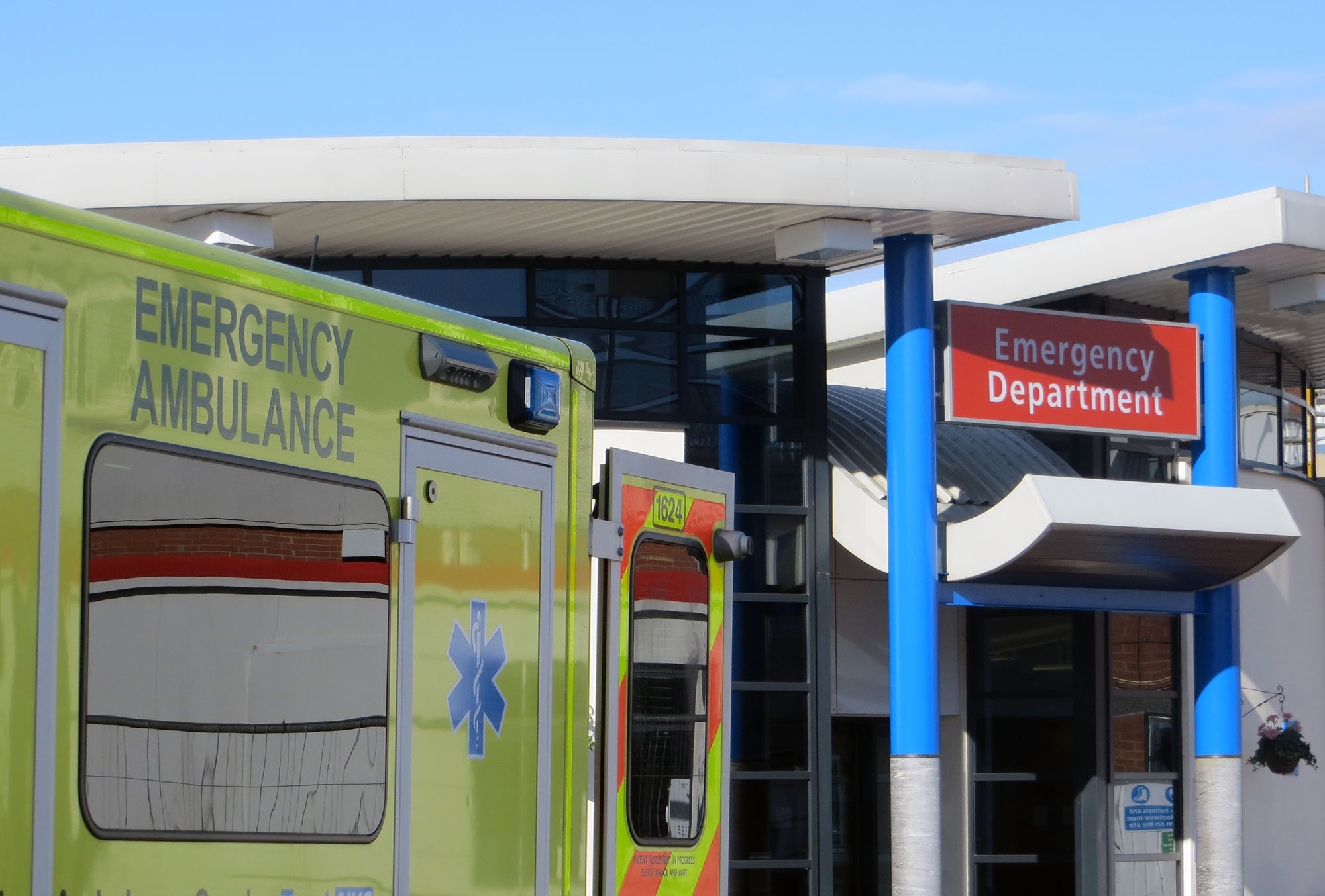Accidents happen, and when they do, we rely on Accident and Emergency (A&E) departments to provide us with the care we need. These departments are the front lines of healthcare, handling a wide range of injuries and illnesses.
While most A&E departments do an excellent job of providing emergency treatments, there are unfortunate cases where medical negligence occurs. It’s important to understand that you’re not alone, and there are ways to seek help if you’ve received substandard medical attention at A&E.
Friends Legal are here to support and advise you with your A&E negligence claim. Our A&E negligence solicitors will listen to your story and guide you through the claim process, helping you get the compensation you deserve. Contact our friendly team on 0333 3580 583 or fill out the form and we’ll get back to you right away.
Understanding A&E Negligence Claims
A&E negligence, also known as emergency room malpractice, happens when a medical professional fails to provide you with the expected standard of care.
Going to an A&E department can be an overwhelming experience. A&E departments are often busy and understaffed, creating an environment where mistakes can happen. However, healthcare providers still have a duty of care towards their patients, and when that duty is breached, patients have the right to seek justice.
Types of Accident & Emergency Claims
A&E negligence can have severe consequences, leading to long-term injuries or worsening health conditions. This may include:
- Delayed treatment: A failure to provide timely treatment for an illness or injury can lead to further complications and worsening conditions for the patient. Read more about delayed diagnosis here.
- Misdiagnosis: Incorrectly diagnosing an illness or injury (such as cancer misdiagnosis), can result in inappropriate treatment or delayed correct diagnosis.
- Incorrect treatment: Administering the wrong treatment, medication, or surgical procedure, causing harm to the patient.
- Inadequate examination: Failing to conduct a thorough examination in A&E can lead to missed signs or symptoms of a serious condition.
- Insufficient medical investigations: Neglecting to request or properly interpret necessary tests, such as x-rays or scans, could result in a missed diagnosis or delayed treatment.
Why Make an A&E Negligence Claim?
Making an A&E negligence claim is a crucial step towards facilitating the next phase of your life following medical negligence. It’s about securing the means to adapt to your new circumstances and regain control over your future.
A successful accident and emergency claim can provide compensation for the likes of:
Getting Your Lost Wages Back
You can get reimbursed for income lost due to the injury or illness caused by emergency room malpractice.
Help at Home and Beyond
Compensation for the costs of professional care, such as home adaptation, or assistance required due to medical negligence.
Compensation for Your Pain
Damages for the physical and emotional pain and suffering you have endured to the A&E negligence.
Paying for Your Health Care
Coverage for expenses such as corrective surgeries, rehabilitation, or ongoing treatments.
Emergency Room Malpractice Compensation Amount
The amount of compensation you receive depends on your specific case. Compensation for A&E negligence can be awarded for general damages and special damages:
General damages cover the pain, suffering, and loss of amenity you experienced as a result of the negligence. The severity of your injuries and their impact on your daily life will influence the amount awarded.
Special damages are awarded to compensate for financial losses directly related to the negligence, such as medical expenses, loss of earnings, and travel expenses for medical appointments. Future financial losses may also be taken into account.
No Win, No Fee on A&E Claims
Making a compensation claim for A&E negligence can be financially daunting, but our ‘No Win, No Fee’ arrangement can help alleviate some of the concerns. With our ‘No Win, No Fee’ policy, you only pay legal fees if your claim is successful. This gives you peace of mind that you can pursue your claim without the worry of upfront legal costs.
Time Limits for A&E Claims in Scotland
There is a three-year time limit from the date of the negligence — or the date you became aware of the negligence — to make an A&E compensation claim. There are exceptions to this rule, such as cases involving children, so it’s important to seek legal advice as soon as possible.
A&E Medical Negligence Lawyers — Get Specialist Legal Advice Now
A&E is a hectic and fast-paced environment where every second counts. The last thing you expect when going to A&E is to receive care that worsens your condition or puts your life at risk.
If you’ve gone to A&E and received negligent care, you may be entitled to compensation. Contact Friends Legal today on 0333 3580 583 to discuss your care and explore your options. You deserve justice, and our solicitors will work tirelessly to ensure your voice is heard.




